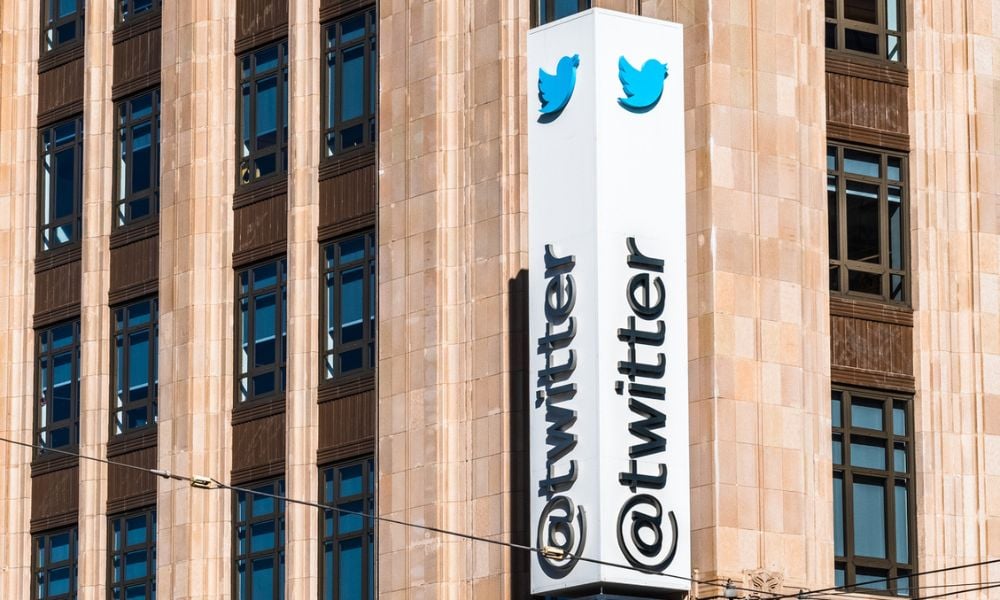
Musk's company failed to comply with a search warrant

Twitter Inc., now rebranded as X, was fined $350,000 for defying a judge’s deadline to comply with a Justice Department search warrant for records related to Donald Trump’s account, according to a court opinion unsealed on Wednesday.
The ruling also revealed that Special Counsel John “Jack” Smith’s office, which obtained the warrant as part of its investigation into Trump’s efforts to overturn the 2020 election, had asked a judge to bar Twitter from revealing its existence. Prosecutors argued that alerting the former president “would seriously jeopardize the ongoing investigation” by giving him an opportunity to destroy evidence or otherwise change his behavior.
In a 3-0 opinion, the US Court of Appeals for the DC Circuit rejected Twitter’s objections to the nondisclosure order and upheld the lower court judge’s civil contempt sanction. The opinion notes that Twitter ultimately did comply with the warrant.
The fight had unfolded largely in secret court proceedings until Wednesday, when the DC Circuit ordered a redacted version of its July 18 opinion unsealed.
Trump was indicted on Aug. 1 on felony charges alleging he conspired to obstruct the election. He has pleaded not guilty.
A spokesperson for Smith declined to comment on the opinion. Representatives of X and Trump didn’t immediately respond to requests for comment.
Smith’s office had obtained a search warrant for data and other records related to Trump’s @realDonaldTrump account in mid-January, according to the opinion. The lower court judge who signed off on it found probable cause at the time to search the account “for evidence of criminal offenses.”
The DC Circuit noted that the Justice Department had trouble serving Twitter with a copy of the warrant and the nondisclosure order because its website for legal requests was “inoperative.” Prosecutors were able to notify a lawyer for the company within a few days.
Twitter objected to complying with the warrant on the grounds that the nondisclosure order — which was set to last for 180 days — violated the company’s First Amendment free speech protections and that it would bar Trump from having a chance to raise executive privilege challenges. The company maintained that it shouldn’t have to comply with the warrant until that issue was fully litigated.
A district court judge ruled against the company and ordered Twitter to comply by Feb. 7; the original deadline had been Jan. 27. Twitter missed that new deadline and didn’t produce all of the records until the evening of Feb. 9, triggering the monetary sanctions.
The judge adopted the government’s proposal for how to calculate sanctions — $50,000 per day of noncompliance, doubling that rate every additional day — and pointed out that the company had been sold to Elon Musk for more than $40 billion and that Musk’s net worth was more than $180 billion at the time.
The judge issued another opinion in March finding the nondisclosure order was “narrowly tailored” to “protect the compelling interest of safeguarding the integrity and secrecy of an ongoing criminal investigation.”
On June 20, the government alerted the district judge that it would allow Twitter to notify Trump about the warrant. Twitter did pay the fine, but it was held in an escrow account while it pressed the appeal, according to the opinion.
The DC Circuit panel featured Judges Nina Pillard, who was appointed by former President Barack Obama, and Judges J. Michelle Childs and Florence Pan, who were appointed by President Joe Biden. Pan wrote the opinion.
The case is 23-5044, US Court of Appeals, District of Columbia Circuit.